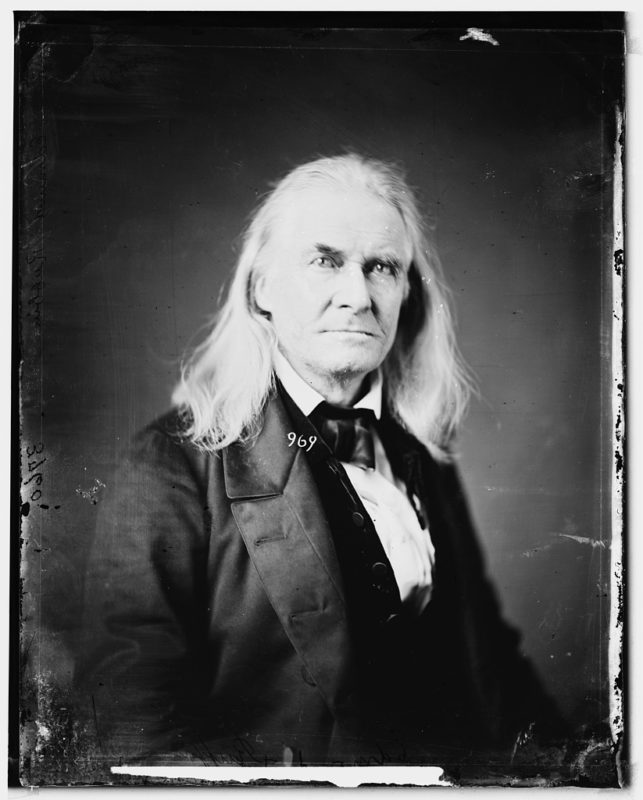
Long Haired Sixties Radicals
Louisa was fifteen when the revolution began, and her enthusiasm was undimmed when she wrote her memoirs sixty years later. She recalled the spectacle: houses illuminated with candles, bells ringing, tar barrels burning, flags waving. Most of all, she remembered the people. “I can never forget how those men used ...
Read More
Read More
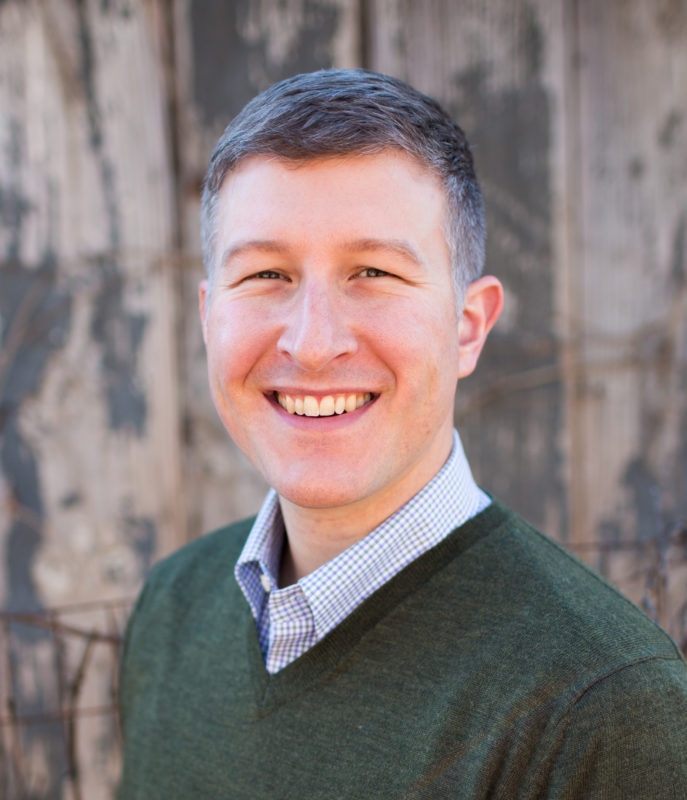
Introducing New Associate Editor and New Editorial Board Members
The Journal of the Civil War Era is pleased to announce five new scholars who are joining our editorial board, as well as a new associate editor. We would like to thank all of the editorial board members who are cycling off this year: Lorien Foote, Fay Yarbrough, Brian DeLay, ...
Read More
Read More

The Story Continues: Women and the American Civil War
Today we share the first Field Dispatch from our latest addition to the correspondent team, Angela Esco Elder. Angela is an Assistant Professor of History at Converse College in South Carolina. She is currently revising her dissertation on Confederate widowhood for publication; her dissertation won the SHA C. Vann Woodward ...
Read More
Read More
SCWH Sexual Harassment Policy Announced Last Week
Last week, the Society of Civil War Historians announced a new policy on sexual harassment that brings the organization in line with the new standards endorsed by the American Historical Association and others. As the official journal of the society, the JCWE is committed to supporting this policy in our ...
Read More
Read More
The Contested Meanings of the Fourteenth Amendment
This weekend, we share the guest editor's conclusion to our roundtable on the Fourteenth Amendment. Earlier contributions can be found in order here, here, here, here, and here. Thank you for following along with us as we reevaluated and commemorated the amendment's 150th anniversary. Last Sunday, I gave a public ...
Read More
Read More
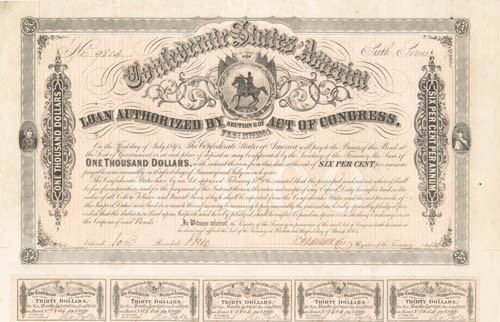
The Fourteenth Amendment’s “Other” Sections
Here we provide the penultimate contribution to our Fourteenth Amendment roundtable. Previous selections from this roundtable can be found here, here, here, and here. Our guest editor Martha S. Jones's conclusion is available here. For a Constitutional Amendment that undergirds so much of modern American jurisprudence, there may be ...
Read More
Read More
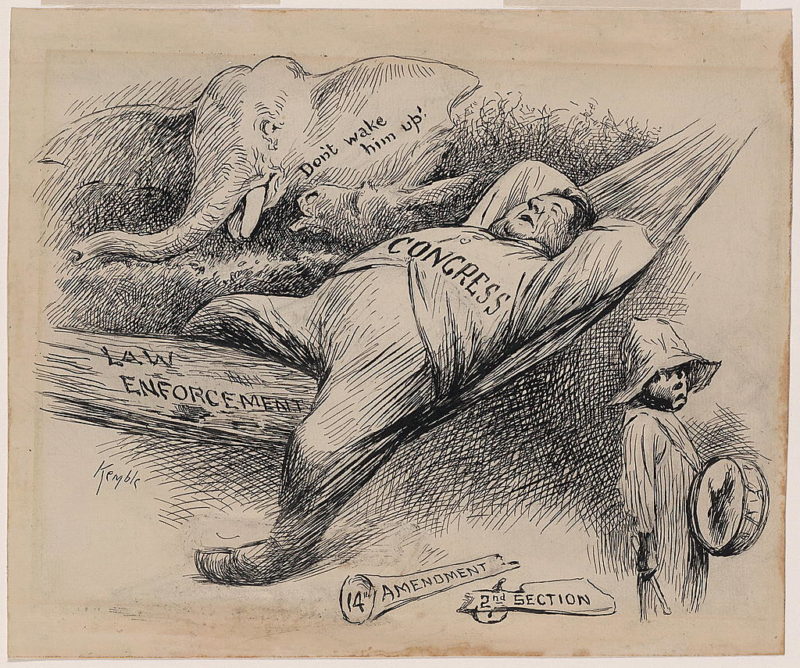
Erasing Dred Scott’s Shadow
Today we are publishing Hilary Green's contribution to our Fourteenth Amendment roundtable. Previous contributions to this roundtable can be found here, here, and here. The final post and conclusion can be found here and here. Amid the chaos of the current political moment, the July 9, 2018, sesquicentennial anniversary ...
Read More
Read More
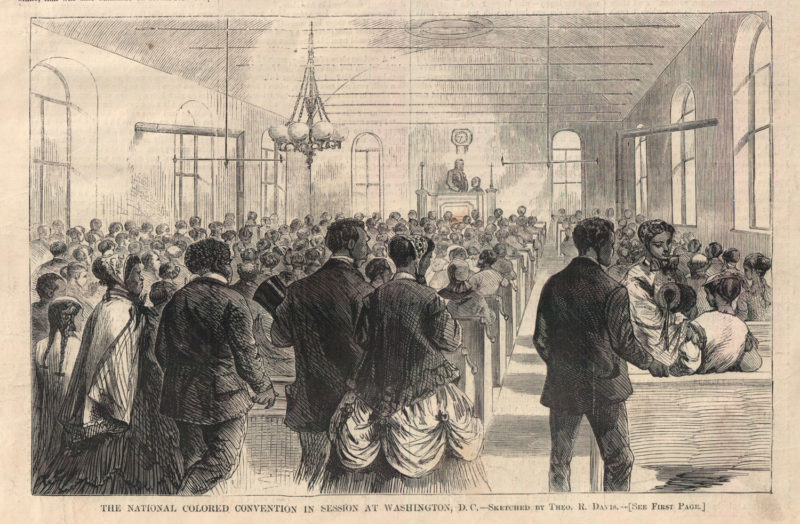
“Though Declared to be American Citizens”: The Colored Convention Movement, Black Citizenship, and the Fourteenth Amendment
Today we share the second installment of our Fourteenth Amendment roundtable. You can find the guest editor's introduction here, and the first contribution here. Subsequent contributions, including the conclusion, are available here, here, and here. Past struggles over the meaning of citizenship speak to us today. The question of ...
Read More
Read More
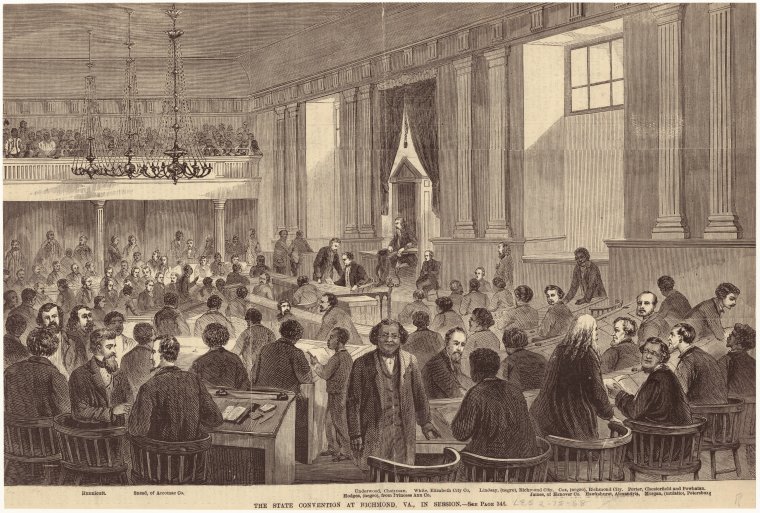
The Roots of Reconstruction
Today we share the first contribution to our scholarly roundtable on the Fourteenth Amendment. The guest editor's introduction and conclusion can be found here and here. Subsequent posts can be found here, here, and here. In the decades before the passage of the Fourteenth Amendment, African American activists helped ...
Read More
Read More
A Muster Roundtable on the Fourteenth Amendment
This week marks the 150th anniversary of the Fourteenth Amendment to the U.S. Constitution.[1] On July 9, 1868, one of the Reconstruction Era’s boldest innovations became law. Birthright citizenship, equal protection of the laws, and voting rights entered the constitutional pantheon, pointing the way forward for a nation that had been ...
Read More
Read More
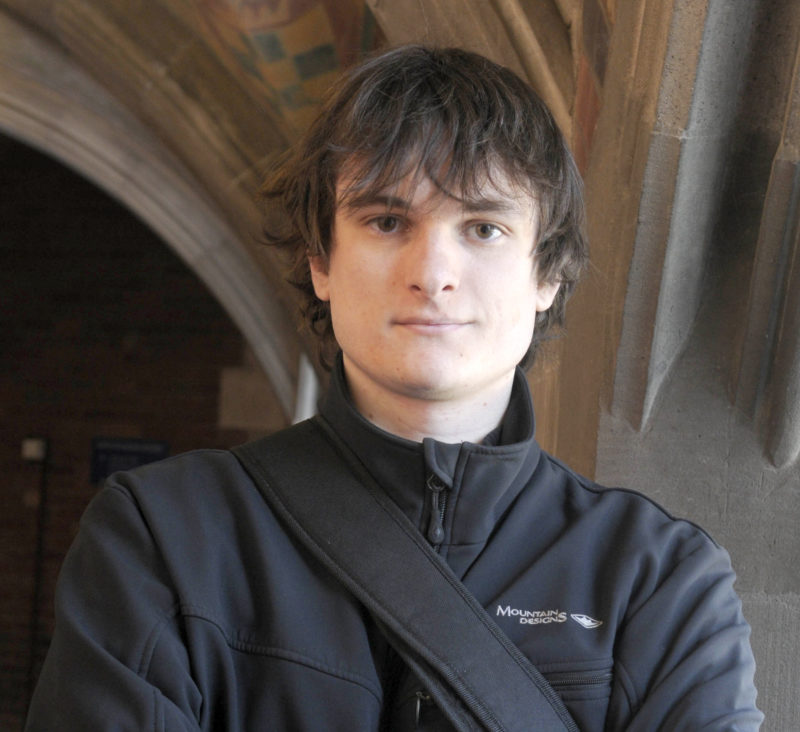
Author Interview: Joseph Yannielli
Today we share an interview with Joseph Yannielli, who published an article in our special issue on abolition in June 2018, titled “Mo Tappan: Transnational Abolitionism and the Making of a Mende-American Town.” Joseph is a lecturer in Modern History at Aston University. His work can be found in the ...
Read More
Read More
Call for Papers: Inaugural Anthony Kaye Memorial Essay Award
The Society of Civil War Historians and The Journal of the Civil War Era invite submissions from early career scholars (doctoral candidates at the writing stage and PhDs not more than two years removed from having earned their degree) for the inaugural Anthony Kaye Memorial Essay Award. Papers on any ...
Read More
Read More
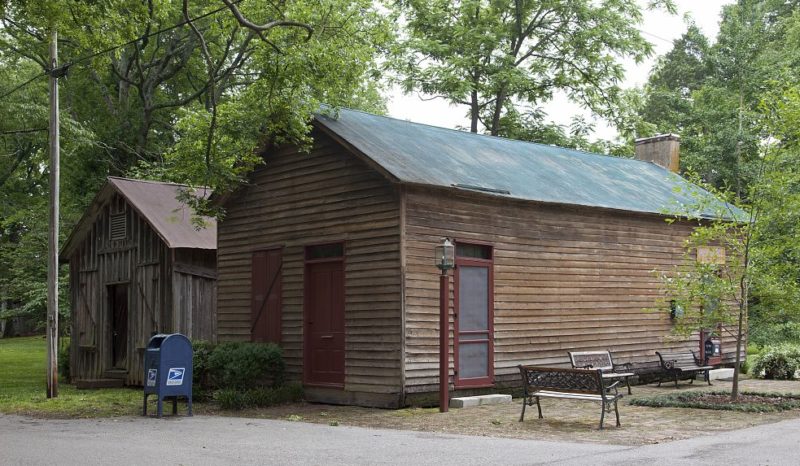
Neither Snow Nor Rain Nor Secession? Mail Delivery and the Experience of Disunion in 1861
If your state seceded from the United States today, how would it first affect your daily life? Scholars typically study the secession crisis of 1860 to 1861 in terms of high politics, with the action unfolding in Washington and southern state capitals. For humbler residents of the seceding states, however, ...
Read More
Read More
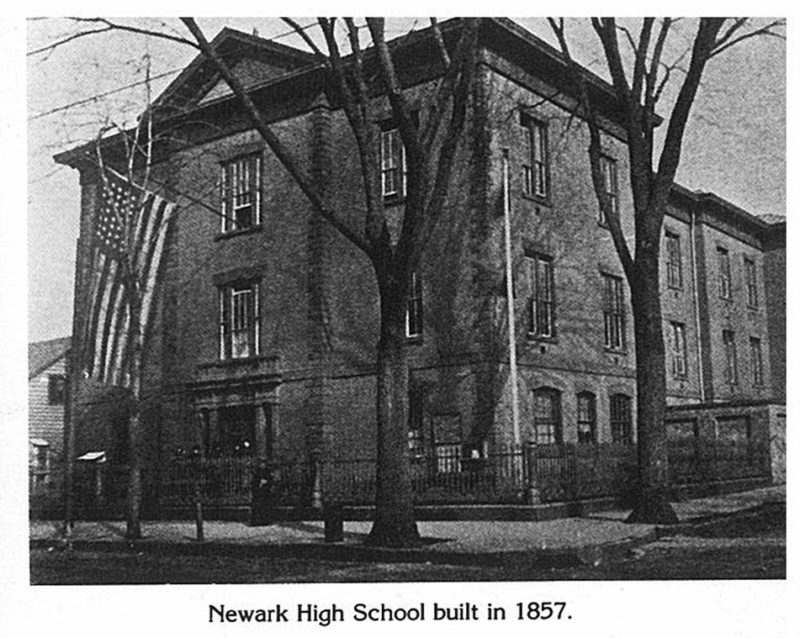
“What soldiers are for”: Jersey Boys Wait for War
A certain cohort of the baby boomer generation—boys born between the late 1940s and mid-1950s—spent their high school years wondering if they would be drawn into the Vietnam War. With older brothers, neighbors, and older friends anxiously awaiting their lottery numbers; with the nightly news and weekly news magazines providing ...
Read More
Read More
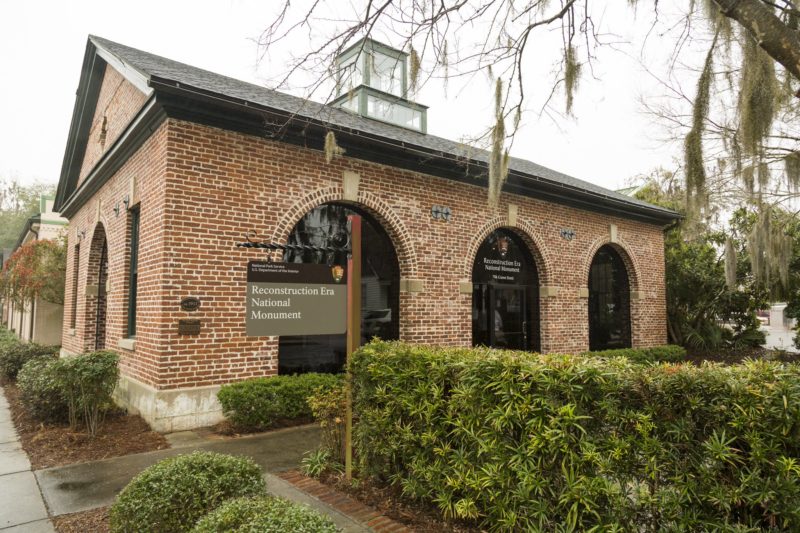
Every Social Media Manager a Historian: Reflections on Interpreting History Through NPS Social Media
In one of his final acts as President of the United States, Barack Obama utilized the power of the 1906 Antiquities Act to establish Reconstruction Era National Monument (REER) in Beaufort, South Carolina, as a unit of the National Park Service (NPS) on January 12, 2017. Like many historians of ...
Read More
Read More
A Recap of 2018 CLAW’s “Freedoms Gained and Lost” Conference
The 2018 Carolina Lowcountry and Atlantic World (CLAW) conference is in the books. Reconstruction-era scholars, museum professionals, and non-academics converged on the city of Charleston for an insightful and productive conference. Though the chronology debate remains unresolved, the 2018 CLAW conference was one of the most important conferences on Reconstruction ...
Read More
Read More